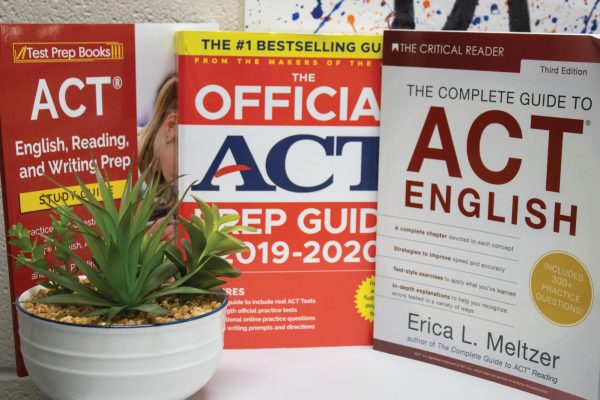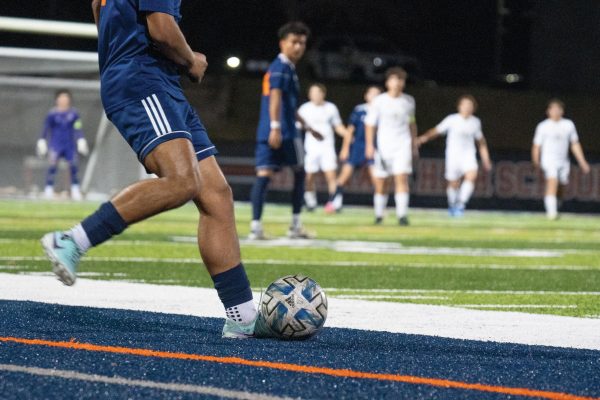Social Media’s Impact on Young Minds Is Larger Than Some May Think
November 11, 2020
Since the creation of Myspace in 2003, social media has become a large part of everyday life. Social media is a fun way to connect with people over the internet, but it is important to know the risks and negative impacts it can have.
Social platforms such as Facebook, Instagram, and Snapchat are just a few social platforms that are used daily by many HHS students.
HHS counselor Erica Shaffer said “While social media can connect friends and family, it’s important to stay away from people you don’t know in the real world.”
Social platforms have made it easy for pedophiles to enter the lives of young people. It’s easy for them to make a fake account and impersonate a child. This makes it easier for child predators because they can gain the trust of their victim and slowly get information on the location or nude photos of that child.
If they can’t get what they want out of the first minor they can just keep moving on to the next and no one can stop them because there isn’t a way to track down who the person is when they are hiding behind a screen.
Social media also leaves a large impact on the mental development of minors. Often, the only focus minors have is on social media, but eventually, they are going to need to be able to face real-world problems.
“Teens are losing sight of the real world because they focus on their social media life so much,” Shaffer said, expressing her concern on the development of communication among children.
Young people are so used to communicating through text that when it comes to real-world communication students have trouble forming conversations.
Social media apps also can have an effect on a person’s thoughts of themselves – and not always in a positive direction.
Even the people who helped create these social networking apps admit that the consequences of these apps are far greater than anticipated.
Former design ethicist for Google, Tristan Harris said, “Social media digs deeper and deeper down into the brain stem and take over a kid’s self-worth and identity” in The Social Dilemma documentary on Netflix.
Phycologist Jonathan Haiti supported that statement and said, “There has been a dramatic increase in depression and anxiety for American teenagers… that pattern points to social media.”
The number of suicides committed by teenage girls has increased by 70 % and 150% in ages 10-12 since 2009.




